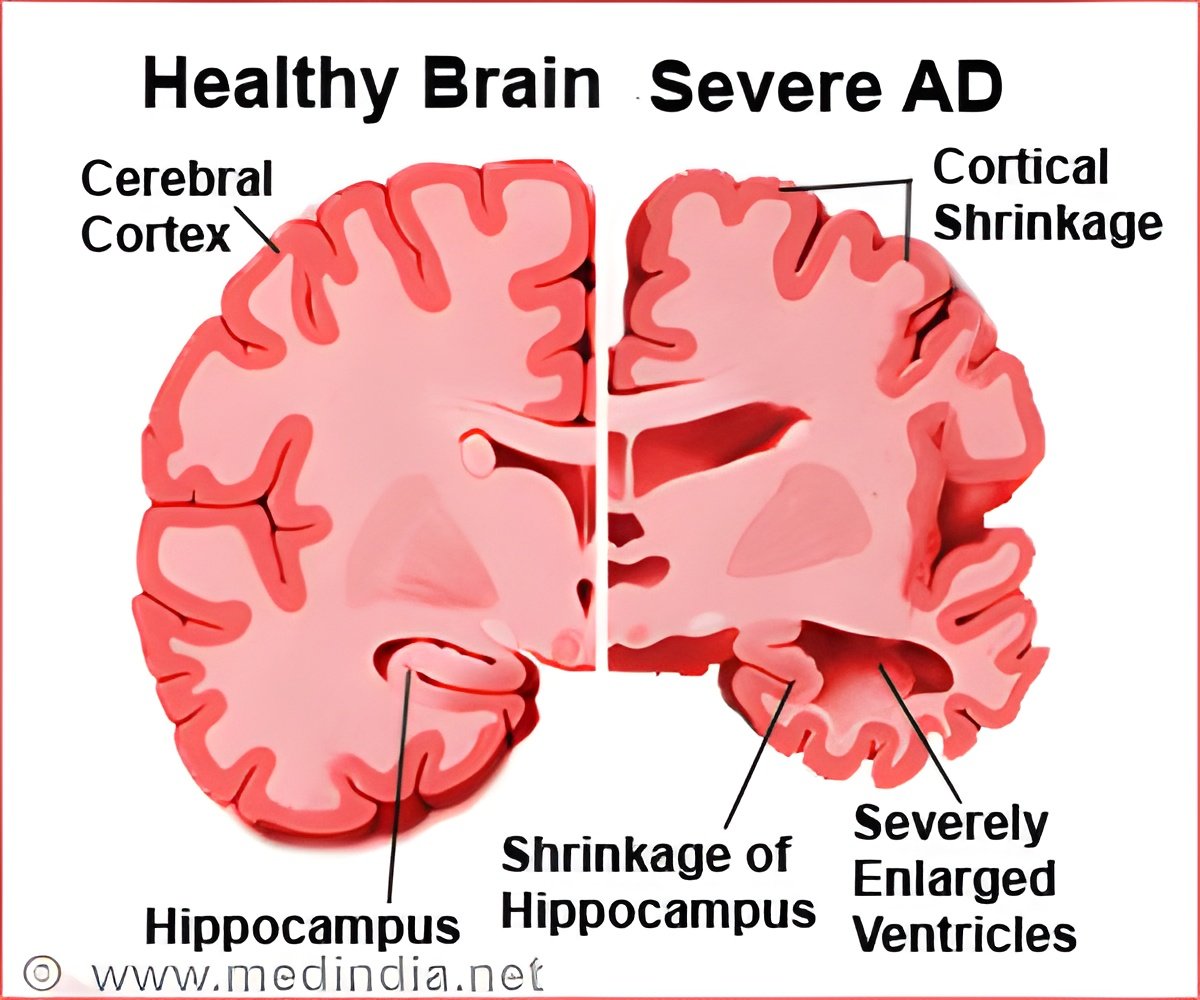A possible treatment window for memory problems in diseases such as Alzheimer's has been discovered by scientists.

For the study, 260 people ages 70 to 92 had two or more brain scans over an average of 1.3 years to measure plaque buildup in their brains. Of the participants, 22 percent had impaired thinking abilities or memory at the start of the study.
The study found that the rate of buildup accelerates initially, then slows before plateauing at high levels. The rate of plaque accumulation was highest in those with mid-range levels at the start of the study. Those with low levels or high levels of the plaques as the study began had lower rates of plaque buildup.
The study also found that the rate of buildup of plaques was more closely tied to the total amount of amyloid plaques in the brain than other risk factors, such as the level of cognitive impairment, age and the presence of the APOE gene, a gene linked to Alzheimer's disease.
"Our results suggest that there is a long treatment window where medications may be able to help slow buildup of the amyloid plaques that are linked to cognitive decline," Dr. Jack says. "On the other hand, trying to treat the plaque buildup after the amyloid plaque load has plateaued may not do much good."
The study was supported by the National Institutes of Health, National Institute on Aging (grant numbers R01 AG011378 and RO1 AG041851) and General Electric Corporation.
Advertisement














